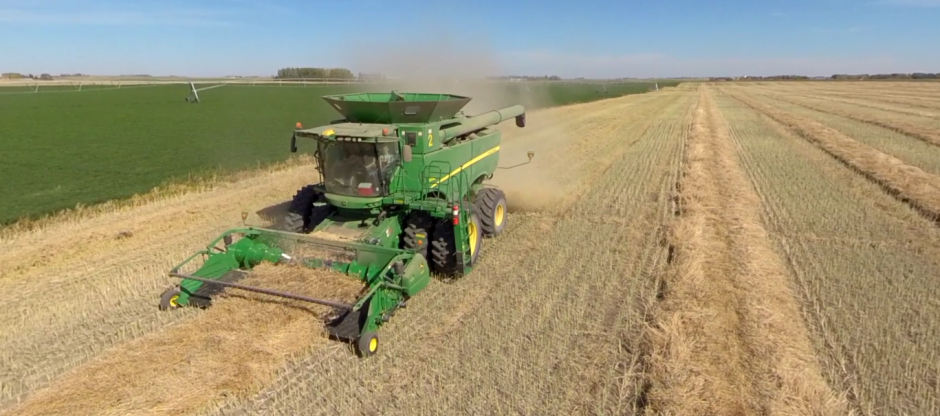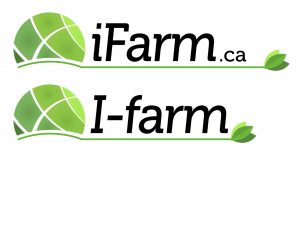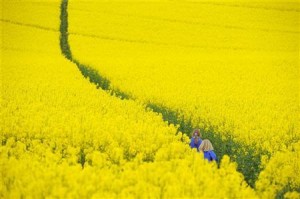CPP buying company’s farmland portfolio in Saskatchewan Dec 12, 2013 6:14 PM – 0 comments TEXT SIZE By: Euan Rocha and Rod Nickel TORONTO/WINNIPEG | REUTERS Alberta, Crops, Markets The Canada Pension Plan Investment Board (CPPIB) said Thursday it had agreed to acquire the assets of Assiniboia Farmland, a fund that owns and manages a large portfolio of farmland in Saskatchewan, for about $128 million.
CPPIB, one of Canada’s top pension fund managers with more than $192.8 billion in assets under management, said Regina-based Assiniboia’s diversified portfolio consists of 115,000 acres of farmland that produce crops such as wheat, barley and canola.
The existing management team of the fund, which was created in 2005, will continue to manage the land portfolio, said CPPIB.
“We have always said that we would sell into a rising market and not wait until after the farmland market had peaked to create a liquidity opportunity for investors,” Doug Emsley, president of the Assiniboia Farmland partnership, said in a release Thursday. “The timing has culminated in an excellent selling opportunity for the partnership.”
Sovereign wealth funds and large pension funds like Canada’s CPPIB, seeking long-life revenue generating assets, are making a number of big bets in physical assets like farmland and forests, along with investments in ports, hydro-electric power projects and other such assets.
Last year, CPPIB launched its agriculture investment program which is initially focusing on farmland opportunities in Canada, the U.S., Australia, New Zealand and Brazil.
This is CPPIB’s second investment in farmland since setting up its agriculture investment program. Last year, CPPIB made its first foray in the sector, buying a large parcel of land that is spread across different parts of the U.S.
“Agricultural land is an important asset class for us,” Andre Bourbonnais, CPPIB head of private investments, said in a phone interview. “Such investments align well with CPPIB’s long-term investment strategy, while further diversifying our portfolio.”
Canadian farmland values have risen steadily over the past decade, with the average value jumping 10 per cent during the second half of 2012, according to the latest data from Farm Credit Canada (FCC), the country’s biggest agricultural lender.
The jump was the largest half-year increase measured by FCC since it began reporting on farmland values in 1985, coming the same year that U.S. corn prices rocketed to an all-time high.
Population growth in developing countries like China and India, and a move to higher-protein diets, have boosted demand prospects for grains and oilseeds.
Bourbonnais noted that farmland is an attractive asset class that has historically delivered stable, risk-adjusted returns. He also highlighted that the global outlook for agriculture in general is positive due to increasing demand for food products.
Western Canada this year produced the region’s biggest-ever wheat and canola crops, and Saskatchewan is the largest provincial grower of both. Canada is usually the world’s second- or third-largest wheat exporter and the biggest canola shipper.
Soaring land prices
Canada is not the only major crop producer where farmland prices have soared.
In the U.S., prices of Iowa farmland set a new record in 2013 for the fourth year in a row as farmers paid top dollar. But most land brokers and industry specialists there expect weakness ahead due to falling crop prices, an Iowa State University researcher said on Wednesday.
A study last year argued that the amount of land needed to grow crops worldwide is at a peak, and a geographical area more than twice the size of France will be able to return to its natural state by 2060 as a result of rising yields and slower population growth.
Bourbonnais, however, said CPPIB is comfortable with investing in the area, despite some such concerns in the market.
“The macro drivers, quite frankly, support our investment thesis,” he said. “We view this as a secular growth story.”
In 2009, investment firm Sprott Resource Corp. created One Earth Farms on land across Saskatchewan and Alberta that it leases from aboriginal bands and private landowners
Saskatoon-based One Earth now bills itself as one of Canada’s largest farms, growing grains and oilseeds and raising cattle.
The average Canadian farm grew to a record size in 2011, and the number of farms shrank to a record low, according Canada’s most recent census data.


